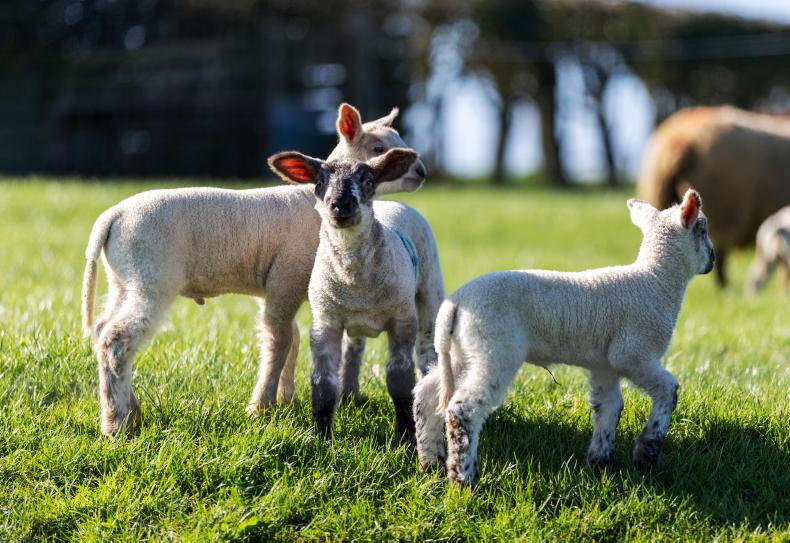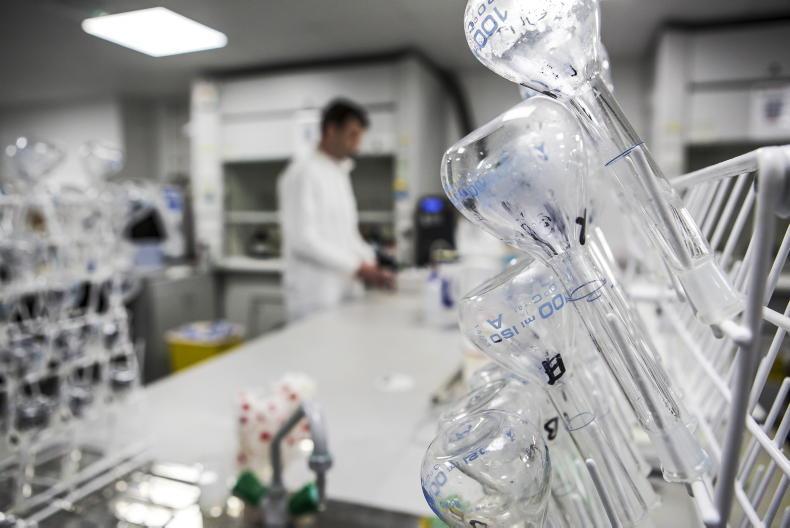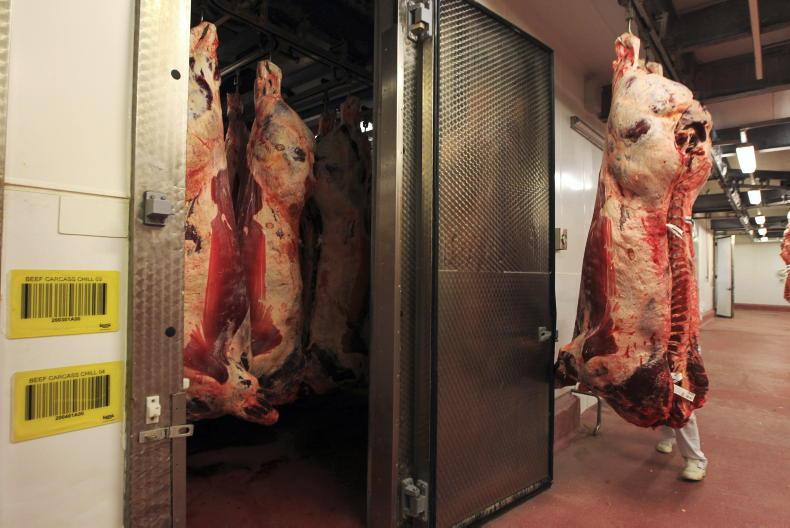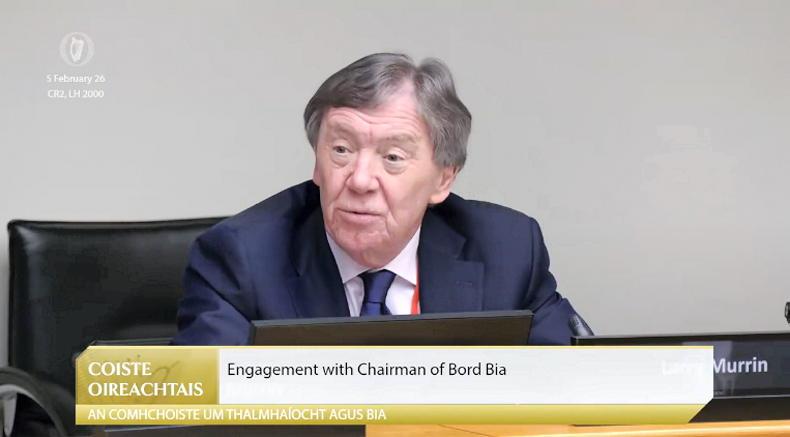Recently re-elected president of the ICMSA Pat McCormack is having a relatively quiet new year. Spring calving has not yet started on his Tipperary dairy farm and COVID-19 means there’s no travelling up and down to Dublin.
Saying that, there’s no slacking and Pat is due on a call with the Department of Agriculture to discuss the organisation’s CAP proposals the next day.
“You’d miss the personal element, but there are continuous meetings,” he says.
We believe as an association that hedgerows and hedgerow management could be the catalyst for commercial farmers to be eco-compliant into the future
Besides the challenges COVID-19 could bring to the dairy supply chain, Pat sees future environmental regulations via CAP or the Farm to Fork strategy as the biggest challenge to the industry and he’s already put forward the organisation’s view on how dairy farmers can meet these targets.
“It looks now like it could be up to 20% going towards eco schemes. We believe as an association that hedgerows and hedgerow management could be the catalyst for commercial farmers to be eco-compliant into the future,” he explains.
In terms of the Nitrates Derogation and water quality, he believes Pillar II schemes should be better used to incentivise commercial farmers and that consumers should pay more for grass-based products that are better for the environment.
During his recent tenure as president, Pat has also been passionate about the return farmers get.
He says food prices have not kept in line with inflation. He also points out that the consumer has a “huge expectation” in terms of animal welfare and environmental standards but still expects no increase in price.
Expansion
He believes this mentality has driven dairy expansion.
We read 15 years ago about burnout in New Zealand, in five or 10 years’ time you’re going to read about burnout in Ireland
“Farmers have scaled up and we have to ask ourselves why. They’ve done so because the profit margin they get or the cent per litre has diminished, so to maintain a family income they’ve had to produce significantly more.
“We read 15 years ago about burnout in New Zealand, in five or 10 years’ time you’re going to read about burnout in Ireland,” he warns.
In terms of expansion he’s also concerned that processors only have about 1% spare capacity at the peak milk production period in the country and says he sees a debate happening behind industry doors about who should pay for more processing if dairy numbers continue to rise.
New entrants
When pressed on the matter of whether new entrants to the sector should be limited, he considers his response carefully.
“That’s going to have to be an issue for [co-op] boards depending on the availability of spare capacity at peak and maybe those new entrants will have to be curtailed on their production at peak to spread the burden,” he says.
With all the talk around Kerry Group, he says it’s “vital” farmers keep a level of control over processing assets.
We have to get away from this notion of selling the very young calf straight out the gate
“We’d also consider it crucial that, if purchased, there was an underlying financial stability and a commitment to pay a sustainable milk price. We’d also think it would be prudent to maintain a relationship with Kerry Group, given that company’s global scale,” he says.
With many dairy farmers across the country making military-style preparations for spring calving, Pat is also firm on the point that dairy calves have to be taken care of.
“We have to get away from this notion of selling the very young calf straight out the gate. The calf has to be kept on farm for a period of time,” Pat insists.
“We have to produce a calf that’s fit for purpose within the beef industry.”
Artificial insemination
I ask him how realistic this is, given the rise of crossbreeding and Jersey genetics, but he says that there’s been a drop in the use of Jersey AI and farmers seem content with just the one cross.
He would like to see more sexed semen and thinks AI companies should get behind the use of it as well.
“Farmers don’t see the AI straw that they want delivered through sexed semen,” he complains.
With the use of more beef sires and sexed semen, he sees the issue around dairy calves being eased but still insists calves should be treated in a humane manner at all times.
Asked about the practicality of flying calves instead of sailing them via ferry out of the country, he says: “We shouldn’t be trying to fix something that’s not broken.”
Calf euthanasia
When I retire as ICMSA president in three years’ time, I’ll be back to being farmer
Last year, RTÉ’s Ear to the Ground featured vet Bill Cashman suggesting the use of calf euthanasia and I ask McCormack if there’s any room for that on Irish dairy farms.
“When I retire as ICMSA president in three years’ time, I’ll be back to being farmer and when you’re born a farmer, you’re always a farmer and your first prerogative in the spring is to keep everything alive. I don’t know of any farmer who would want to go down that road [euthanasia],” he replies.









SHARING OPTIONS